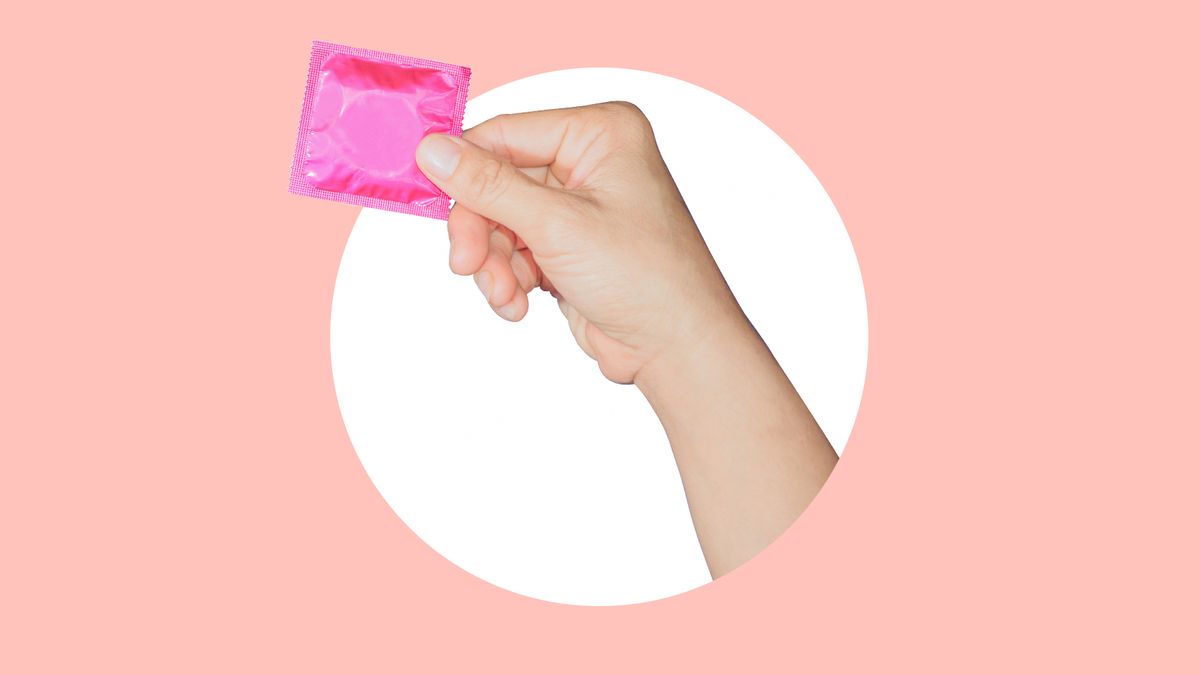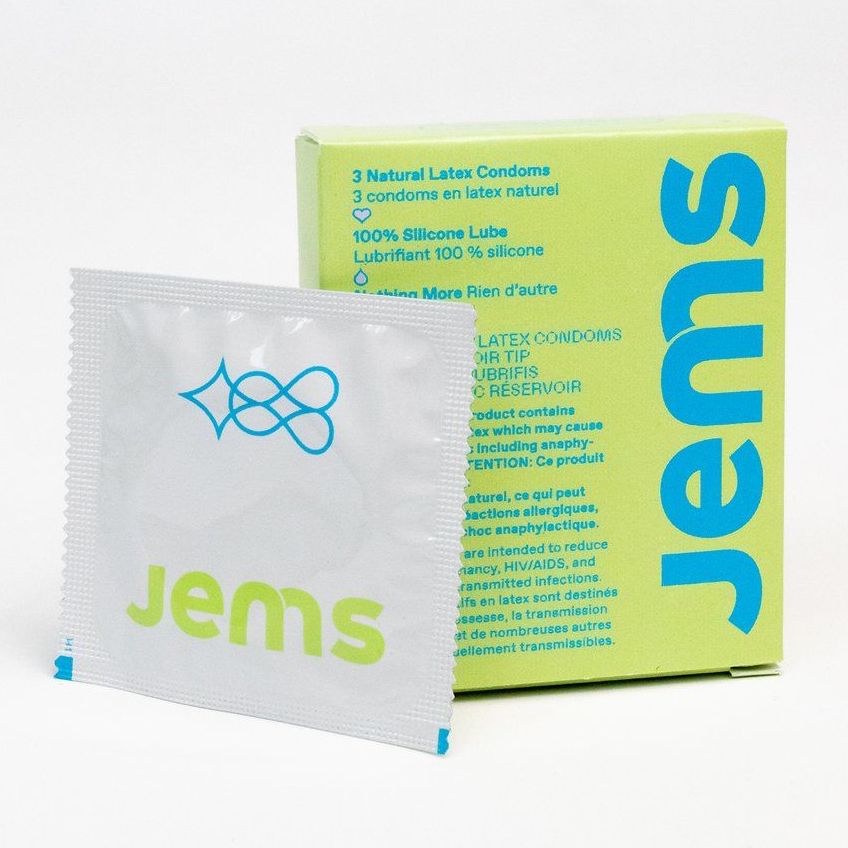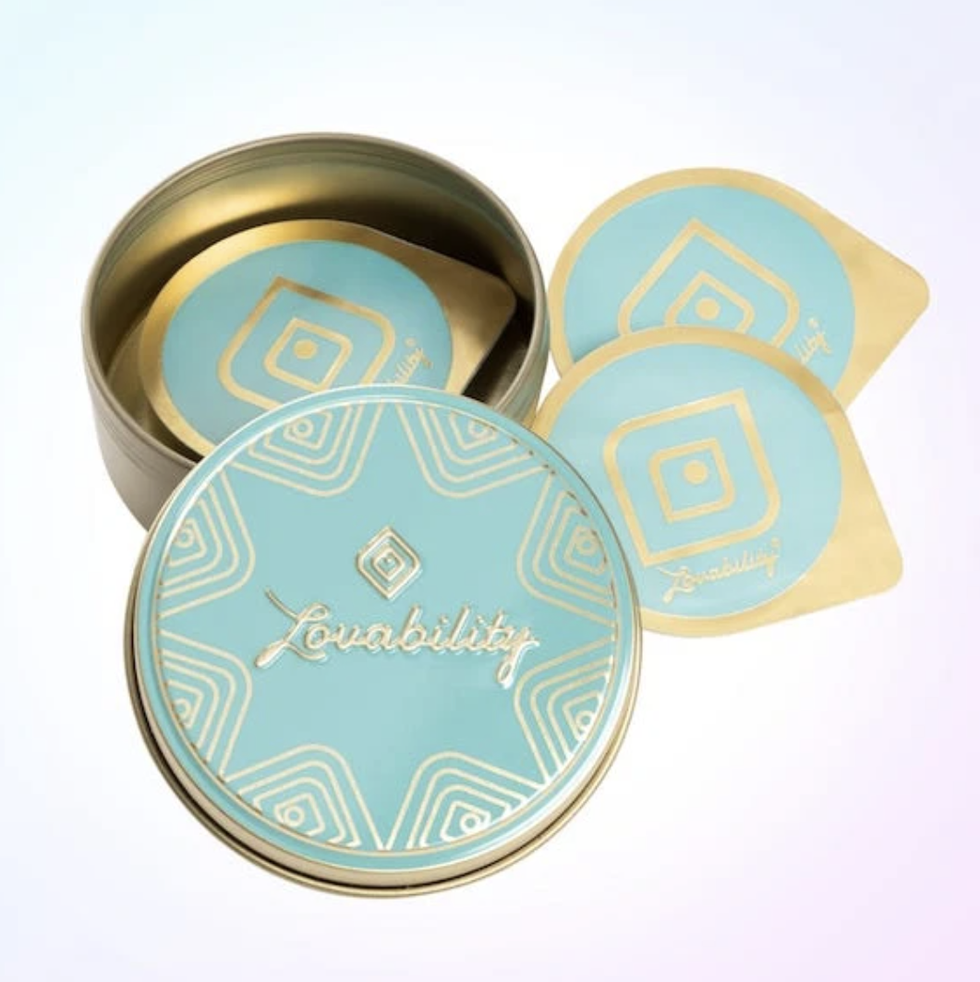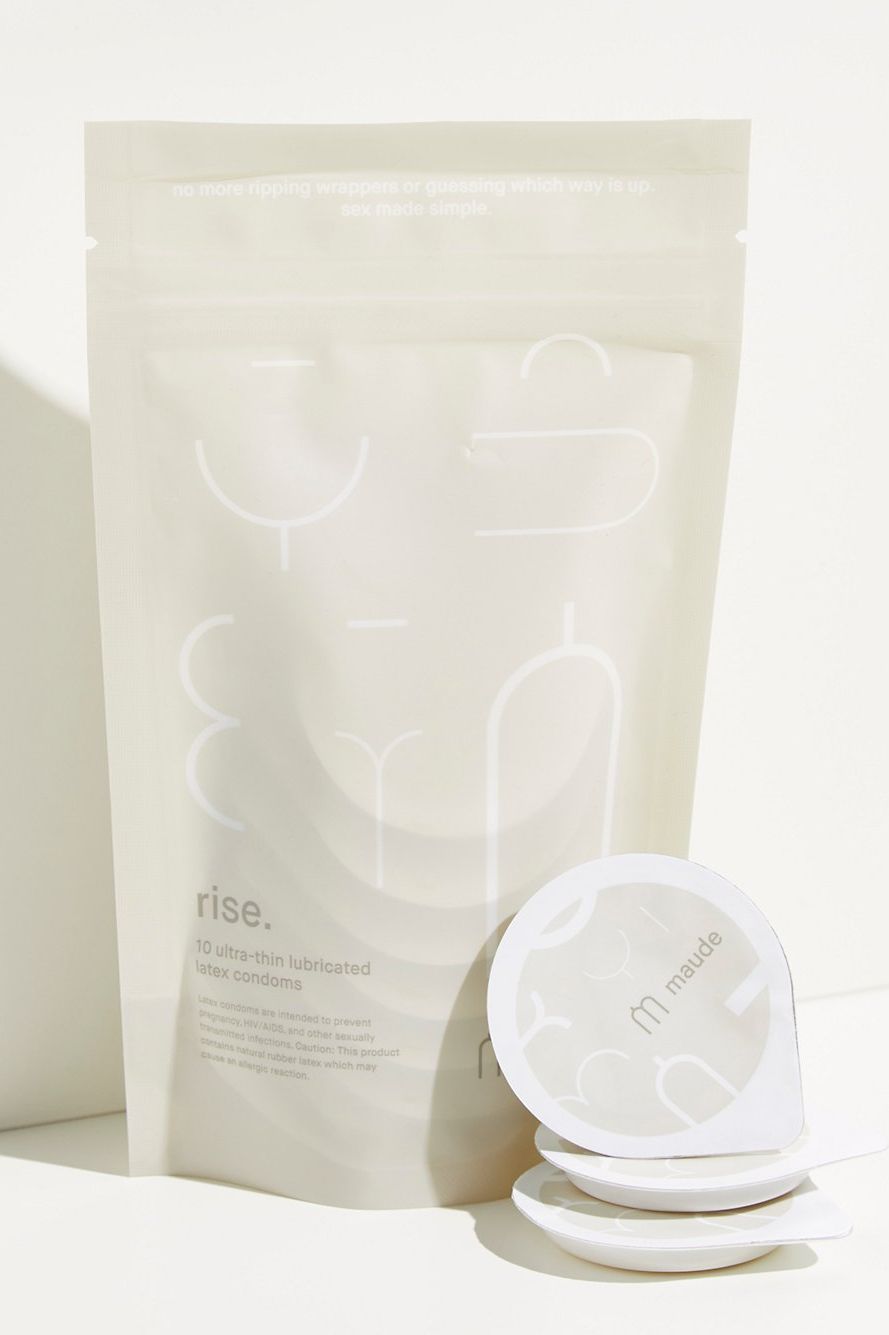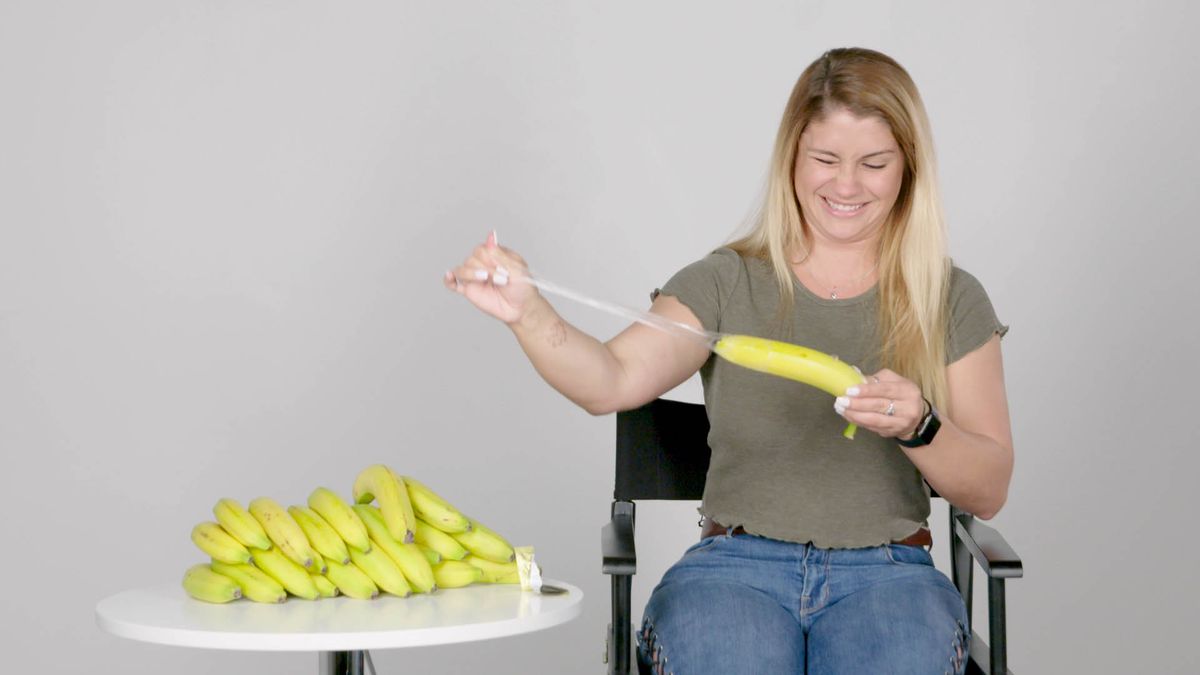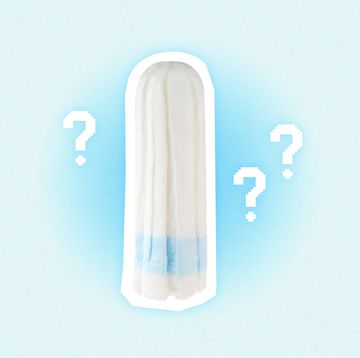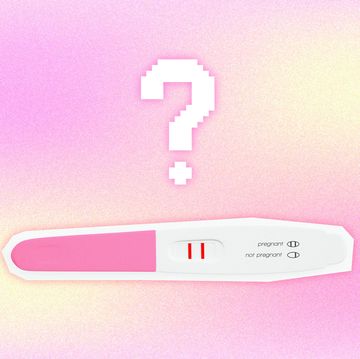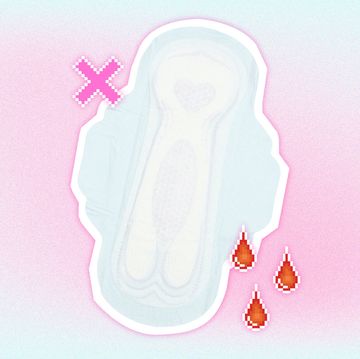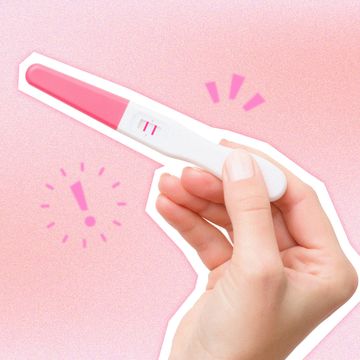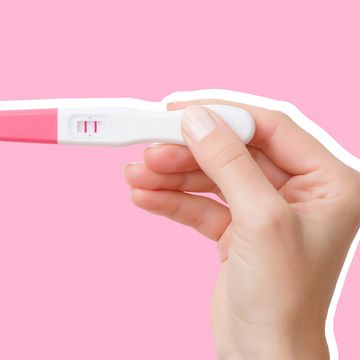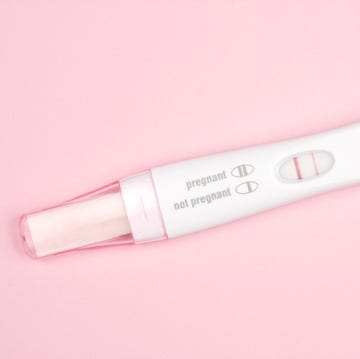When having sex, you always take precaution. You use a condom, you're on the pill, you know your partner's sexual history. But then, mid-intercourse, the condom breaks, and suddenly, it seems like all that prep doesn't even matter because with one thrust, with one snap of the latex, your risk of pregnancy or an STI just got a whole lot higher.
Don't worry, condom breakage is common, and there are ways to prevent it, as well as things to do after the fact to help keep your chances of pregnancy or contracting an STI low. I talked to Natasha Bhuyan, MD and family physician at One Medical, and she gave me all the tips on how to correctly use a condom so as to prevent them from breaking, as well as the steps to take if one does in fact break. So, stay calm and read on. It's going to be OK.
Why does a condom break?
Condoms aren't perfect (they aren't even 100% effective), so yes, sometimes they break. According to Dr. Bhuyan, it's usually due to friction, which is an issue because sex is like...80% friction when you think about it. Obviously, there's nothing you can do about that, but the situation could be made worse if you aren't using the right lubrication, or if there isn't a sufficient amount of lube.
"Sometimes, it actually just happens by chance," Dr. Bhuyan says, and there really isn't much you can do about that. There are steps you can take, however, to reduce your risk of breakage.
How Do I prevent my condom from breaking?
There are some things to avoid if you want to lower the risk of your condom breaking. Here are Dr. Bhuyan's tips:
Check the expiration date.
Yup, condoms expire, so make sure you are checking the date before you use it. The expiration date is usually printed on the packaging so make a pattern of checking for it every time.
Store your condoms correctly.
You have to worry about how you're storing your condoms too. "Make sure that they're stored in a room temperature environment," Dr. Bhuyan says. That means don't keep an emergency condom in your car because the heat will pretty much render it useless, and keeping them in a really cold place won't work either.
Only use one.
You've probably heard this before, but I'm going to reiterate it. Don't wear two condoms—it won't provide twice the coverage. In actuality, "that friction [between two layered condoms] can increase the risk of breakage," Dr. Bhuyan says. So you'll end up doing more harm than good.
Choose the right lubricant.
"Do not use oil based lubrication," warns Dr. Bhuyan. "People will use Vaseline as a cheaper method of lubrication, but it can actually wear down the condom." You can also run into issues if you aren't using enough lubrication. Try something water-based and be liberal with the use of it.
Will I feel it if the condom breaks?
If you feel it during intercourse, you should stop, but sometimes it's much harder to tell.
"It depends on the person and the context of the intercourse," Dr. Bhuyan. "So, if some people are having anal intercourse, it can be hard to tell for the person on the receptive end." The same is with vaginal intercourse, while the person wearing the condom may feel it, the receiver might not. And it's possible that neither partner will realize that the condom broke until after intercourse, post-ejaculation. Of course, at that point, you're possibly already at a higher risk of pregnancy or sexually transmitted infections. So then it's important to take steps to reduce your risks.
What do I do if a condom breaks?
"Don't be worried," Dr. Bhuyan says. She recommends going to your primary care physician to figure out your risk of pregnancy or STIs.
"If you're a gay man who is having receptive anal intercourse, you might be at a high risk of getting HIV," a fact backed up by HIV.gov, which estimates that 26,000 of new HIV infections per year affect gay, bisexual, and other men who have sex with men. If you fall into that category, you may be a good candidate for starting medications to prevent the virus. If you're a female having heterosexual sex with someone who was recently tested, you are probably at a lower risk for the virus, but you have other things to think about. Consider getting tested for STIs like chlamydia, syphilis, and gonorrhea.
As far as preventing an unwanted pregnancy, there are emergency contraceptives like Plan B and ella, as well as a copper IUD, which is effective up to five days after intercourse. These are all options that your physician can discuss with you, so if you are unsure what to do after a condom breaks, go talk to your doctor and they will be able to help you out depending on your situation.
Most importantly, "I don't want people to be living in fear and I want them to know that you can be empowered to control your own sexual health," Dr. Bhuyan says. "So, if a condom does break and you're not sure what to do, don't be worried because doctors are here to support you."
Follow Carolyn on Instagram.
Carolyn Twersky is an associate editor for Seventeen covering celebrities, entertainment, politics, trends, and health. On her off time, she's probably watching Ru Paul's Drag Race, traversing NYC for the best donuts, or, most likely, enjoying time in her favorite place in the world: her bed.
